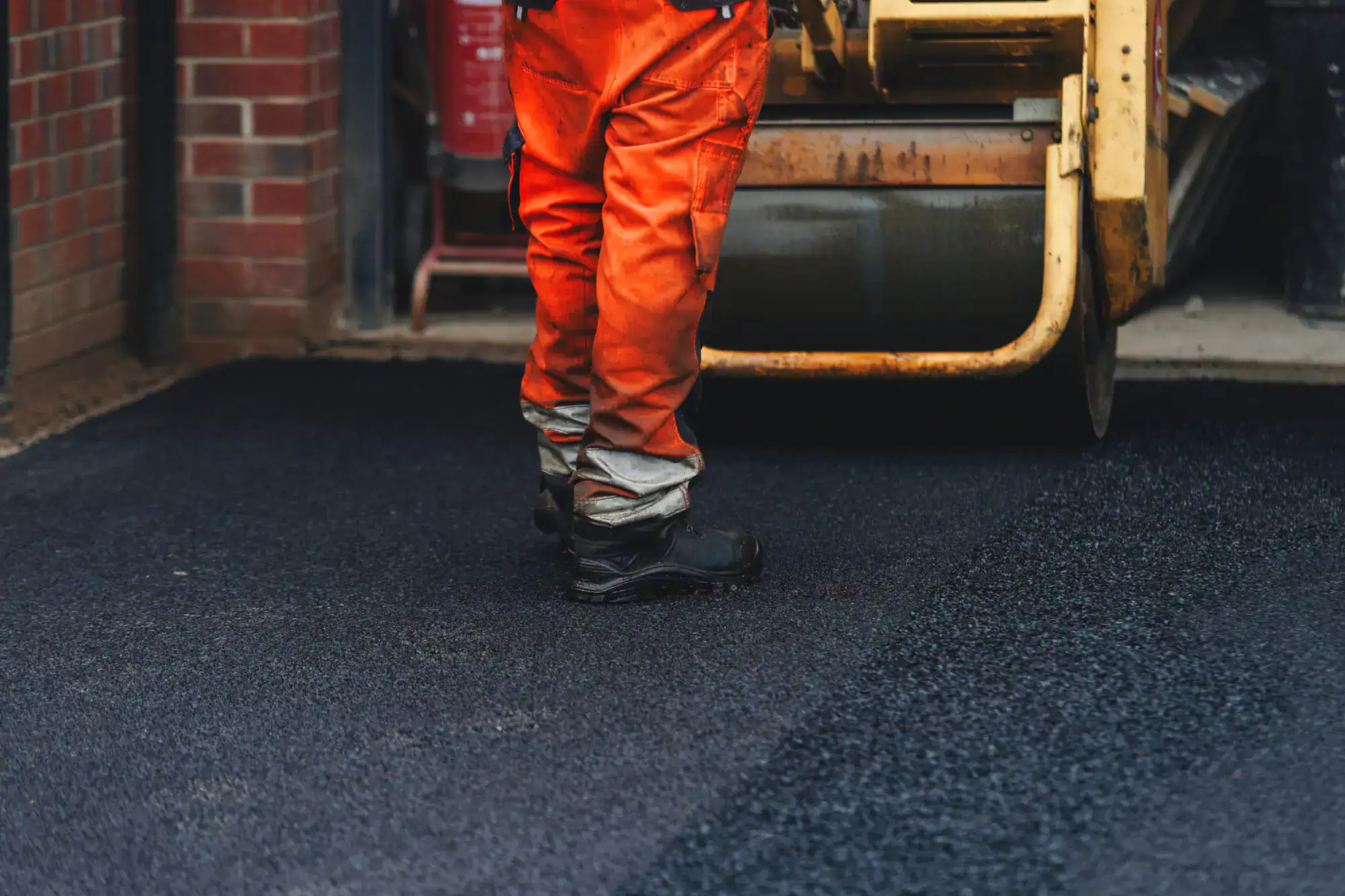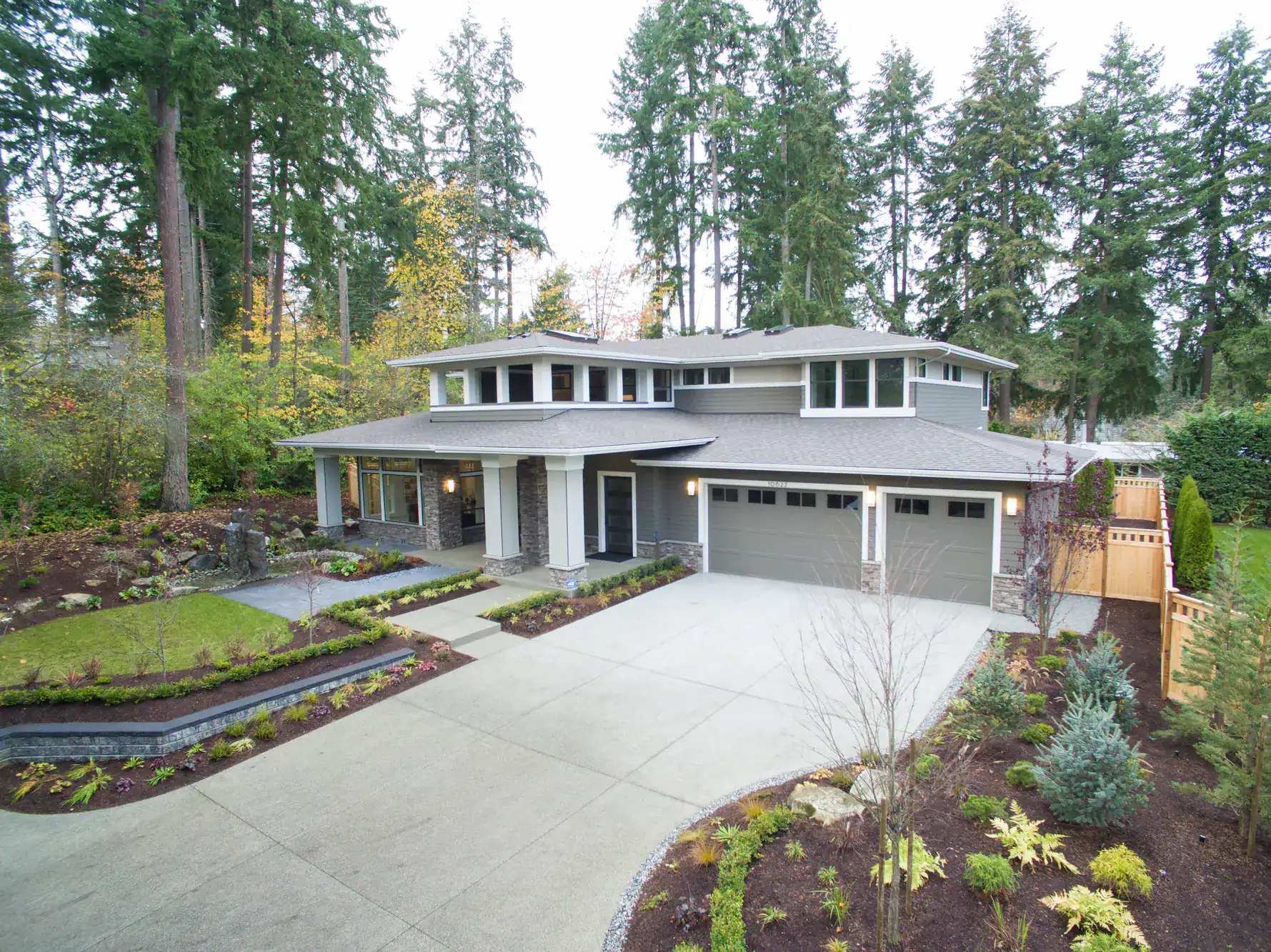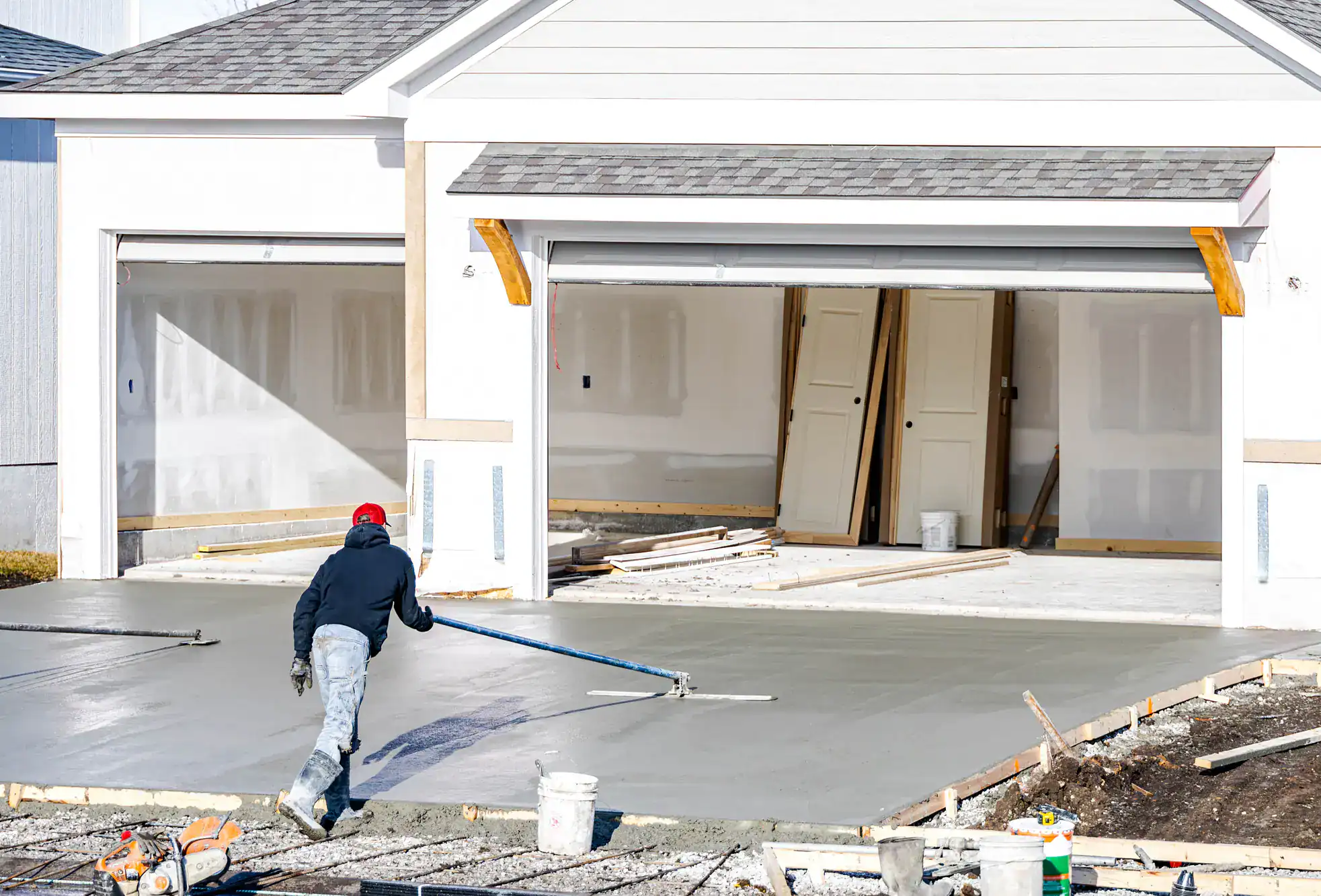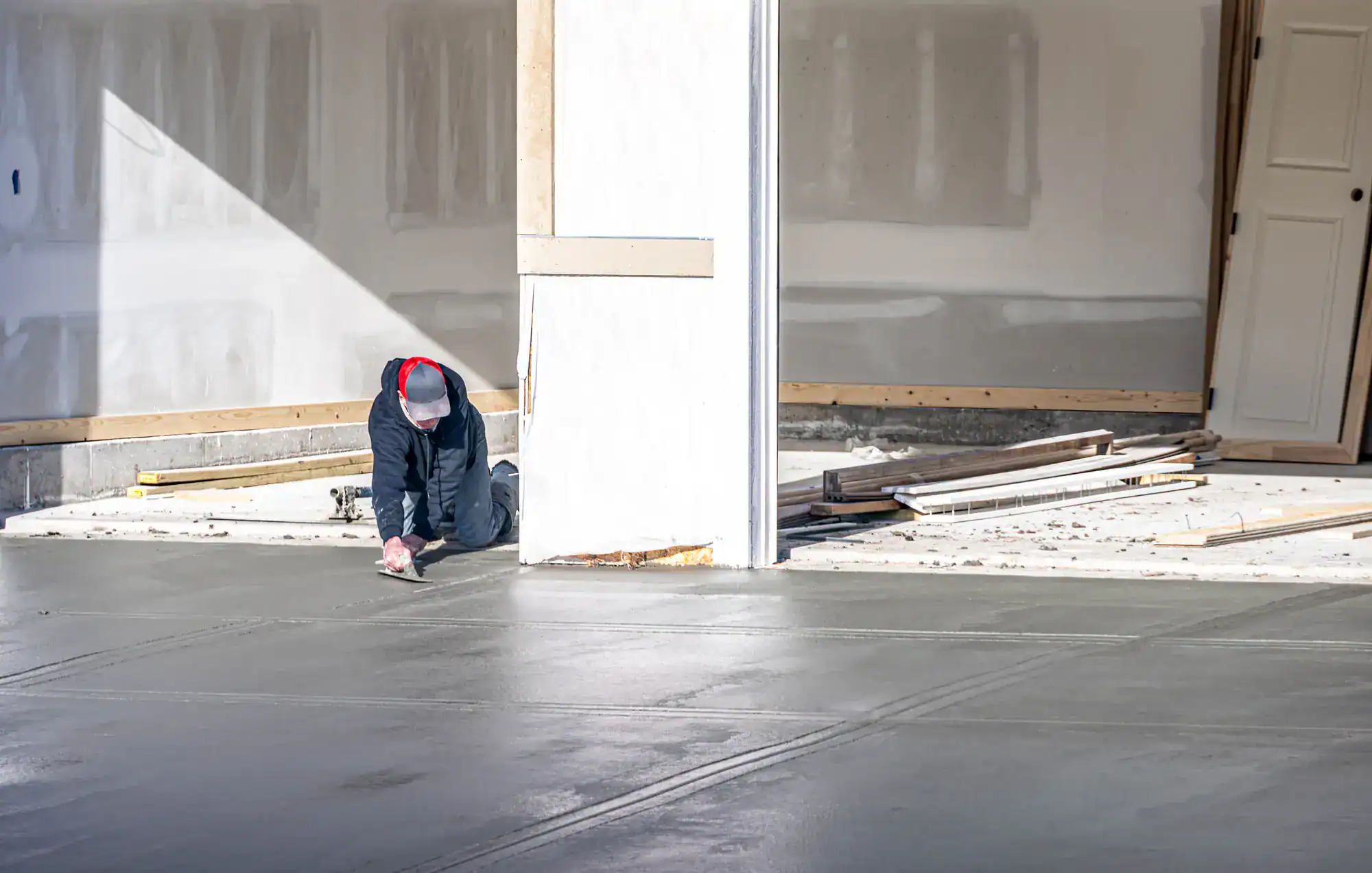Driveway Building in Kinsale, VA
Driveways Built Right the First Time


Professional Site Preparation Kinsale
Your driveway isn’t just pavement—it’s your daily connection to home. When it’s built right, you don’t think about it. No puddles after storms. No ruts from delivery trucks. No cracking from Virginia’s freeze-thaw cycles.
You get smooth access whether you’re heading to work in Richmond or welcoming family for the holidays. The drainage works. The surface holds up. Your investment protects itself.
That’s what happens when site preparation and grading are done by contractors who understand Westmoreland County’s soil conditions and weather patterns.
Driveway Contractors Westmoreland County
We’ve been building driveways and access roads throughout Virginia for years. We’re not the cheapest option—and that’s intentional.
We use Virginia DOT-approved materials. We follow proper compaction procedures. We build the aggregate base to last decades, not just pass inspection.
Our team understands rural Virginia properties. We know how Kinsale’s clay soils behave. We’ve seen what happens when contractors cut corners, and we’ve fixed those problems for homeowners who learned the hard way.

Road Construction Process Virginia
First, we evaluate your property and discuss your needs. Every site is different, and your driveway should match how you actually use it.
Next comes site preparation. We clear the area, establish proper grades for drainage, and prepare the subgrade to engineering specifications. This foundation work determines everything that follows.
Then we install the aggregate base—minimum four inches of compacted, Virginia DOT-approved crushed stone. This isn’t where we save money. A proper base prevents the settling and cracking that destroy driveways within five years.
Finally, we install your surface material with proper compaction and finishing. Whether that’s asphalt or concrete, it goes down right because everything underneath was built to support it.

Ready to get started?
Commercial Access Roads Virginia
We handle residential driveways, commercial access roads, and everything in between. Your project gets the same attention whether it’s a simple home driveway or access for a rural business.
Site preparation includes clearing, grading, and establishing proper drainage slopes. We work with Virginia’s regulations and can coordinate any necessary permits for road connections.
In Kinsale and Westmoreland County, we understand the challenges of rural properties. Long driveways need proper crown for drainage. Clay soils require specific base preparation. Seasonal access issues need engineering solutions, not quick fixes.
Our grading services ensure water flows away from your home and structures. Poor drainage destroys driveways faster than traffic, and Virginia’s weather makes this critical.

How thick should the aggregate base be for Virginia driveways?
Minimum four inches of compacted crushed aggregate, using Virginia DOT-approved materials. This isn’t negotiable if you want a driveway that lasts.
Many contractors will try to save money here, but the base determines your driveway’s lifespan. In Virginia’s climate with freeze-thaw cycles, a thin base means early failure. We use proper thickness and compact it with appropriate equipment.
The aggregate type matters too. Not all stone is suitable for driveway bases, which is why we stick to Virginia DOT specifications that have been tested for our conditions.
What's the difference between rough grading and fine grading?
Rough grading establishes the general shape and elevations of your site. Fine grading creates the precise surface needed for your driveway installation.
Rough grading happens first, moving larger amounts of material to get close to final grades. This includes establishing drainage patterns and removing unsuitable soil. Fine grading follows, achieving the exact elevations and smooth surface your driveway needs.
Both steps are critical. Poor rough grading creates drainage problems that fine grading can’t fix. Inadequate fine grading means your finished driveway won’t have proper slopes or smoothness, leading to water issues and premature wear.
How do you handle drainage for long rural driveways?
Proper crown and cross-slope design, plus strategic placement of drainage structures where needed. Long driveways in Virginia require engineering, not guesswork.
We establish crown heights that shed water without creating uncomfortable driving conditions. Cross-slopes direct water to stable areas where it won’t cause erosion. For steeper sections, we may recommend drainage ditches or culverts.
The key is understanding how water moves across your specific property. Westmoreland County’s clay soils don’t absorb water quickly, so surface drainage becomes critical. We design your driveway to work with your land, not against it.
Can you build driveways over septic system areas?
Only under specific conditions and with proper engineering. Virginia regulations are strict about protecting septic systems from compaction damage.
If the septic lines are deeper than 30 inches and we use rigid paving materials like concrete, it may be possible. But this requires careful planning and often additional structural support to prevent soil compaction that damages the system.
Usually, it’s better to route driveways around septic areas entirely. This protects your investment in both systems and avoids future access problems if the septic system needs service. We’ll evaluate your specific situation and recommend the safest approach.
What's included in your site preparation services?
Complete clearing, grading, drainage preparation, and subgrade compaction. We handle everything needed to create a proper foundation for your driveway.
Site preparation starts with marking utilities and clearing vegetation or debris. We then establish rough grades, install any needed drainage structures, and prepare the subgrade to specifications. This includes removing unsuitable soil and achieving proper compaction.
The process also includes erosion control measures during construction and final cleanup. Proper site preparation takes time, but it’s what separates driveways that last from those that fail within a few years.
How long before I can drive on a new driveway?
Depends on the material, but typically 24-48 hours for initial use, with full curing taking longer. We’ll give you specific timing based on your installation.
Concrete driveways need at least 24 hours before light vehicle traffic, with full strength developing over 28 days. Asphalt can often handle light traffic sooner but benefits from avoiding heavy loads for the first few days.
Weather affects timing significantly. Hot temperatures accelerate curing but can make asphalt soft. Cold weather slows the process. We time installations to work with conditions and give you realistic expectations for when your driveway will be ready for normal use.
Other Services we provide in Kinsale
